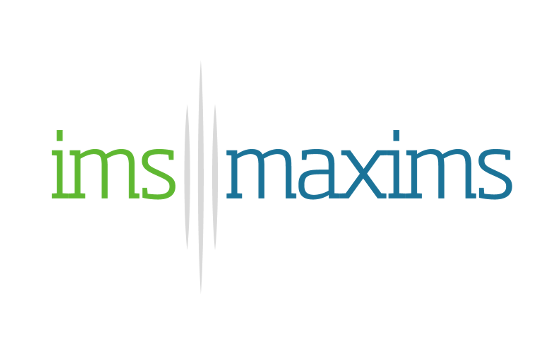 Healthcare provider Horder Healthcare is to deploy an electronic patient record (EPR) from software provider IMS MAXIMS, in order to improve care for thousands of patients and facilitate its digital journey to align it with the NHS's ambition of paperless at the point of care by 2020.
Healthcare provider Horder Healthcare is to deploy an electronic patient record (EPR) from software provider IMS MAXIMS, in order to improve care for thousands of patients and facilitate its digital journey to align it with the NHS's ambition of paperless at the point of care by 2020.
The commitment will enable the not-for-profit organisation to enhance the way it delivers specialist services including orthopaedic, musculoskeletal, physiotherapy, maxillofacial, dental, as well as plastic and reconstructive, eye and hand surgery across the South East of England, using the innovative EPR as a single system to share crucial clinical and administrative information across its five sites.
Known as MAXIMS, the technology has already been proven in NHS hospitals and will now mean that 350 staff working for Horder Healthcare across the region will have real-time access to patient information wherever they are in the organisation.
New work-flow efficiencies will simplify and speed up many core activities, whilst the charity’s vision of a digital future and becoming paper-free at the point of care will mean better informed clinical decisions and a seamless patient experience, as information follows patients across sites.
Andrew Bover, Head of IM&T at Horder Healthcare, said: "Moving away from costly paper-based records is fundamental to delivering safer and better care and for better engagement with our patients. The MAXIMS EPR will give us a whole new platform to enable Horder's transition into the digital healthcare era.
"We will now free up clinical time and increase accuracy of the information our professionals are accessing, by linking systems such as our medical imaging software to the EPR. This will remove the need for someone to manually type information into a separate system and reduce the chance of someone retrieving the wrong patient record at the point-of-care."
The contract will see the implementation of the full suite of MAXIMS products and additional functionality for patient billing and accounting services from IMS MAXIMS partner, CommonMS who will be providing the SAP Enterprise Resource Planning component.
Shane Tickell, CEO, IMS MAXIMS, said: "Horder Healthcare's decision to choose MAXIMS further adds to the growing community of MAXIMS users within the independent sector and further strengthens the group’s commitment to continuous service improvement and quality customer service.
"The new system will ensure Horder Healthcare can meet the growing demands on its services in a safe and effective manner, but also future proofs the organisation's proposition as it looks to expand its expertise to new geographical areas."
The ten-year contract involves IMS MAXIMS providing implementation, project management, transformational change management, configuration, data migration and maintenance.
About Horder Healthcare
Horder Healthcare is a registered charity and a dynamic and evolving healthcare organisation that is truly improving the health outcomes of the people in the communities we serve.
Founded in 1954, our charitable purpose is to advance health and the relief of patients suffering from ill health. As a charity, we set ourselves apart by being true to our values. We are Caring and Friendly, delivering Quality healthcare with Integrity and Pride from our hospitals in Crowborough and East Grinstead, and clinics in Eastbourne, Seaford and Tunbridge Wells.
About IMS MAXIMS
IMS MAXIMS is a pioneering clinical technology specialist committed to improving the coordination of patient care in healthcare environments. Its expert team works in partnership with healthcare organisations to identify and deliver tailored, sustainable information sharing technology solutions supporting the provision of safer and more efficient care for current and future generations.
The organisation's 30-year history of collaborating with clinicians has resulted in the development of proven, flexible, user-friendly, safe and interoperable open source electronic patient record software. With an ambition to meet today’s healthcare challenges, IMS MAXIMS makes its software freely available and offers flexible options to support healthcare providers with implementation and maintenance.
Its open technology has increased collaboration in the development of the software which has resulted in better clinical engagement and empowerment across hospital wards and departments. Deployment times are fast, meaning clinicians and patients can benefit from efficiency and safety improvements in rapid time.